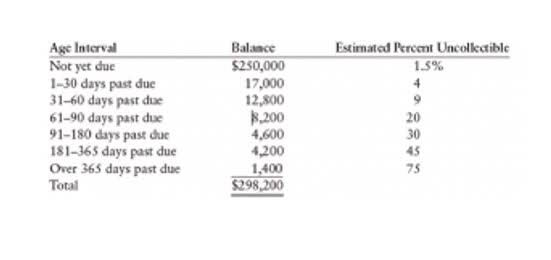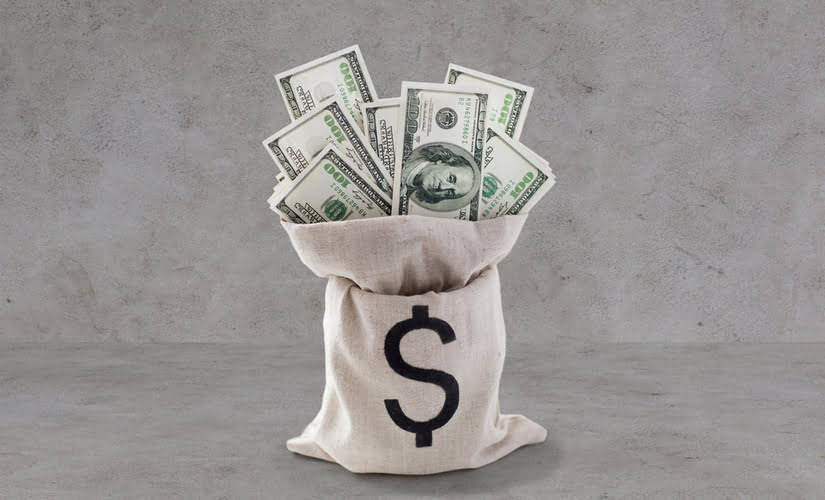Close

Before purchasing a home, a title search is performed, which is a process of checking public records to determine the ownership of the property. The title search helps determine if there are any liens and other claims attached to the property. An outstanding lien means that the property was used to guarantee the repayment of a loan. A clear title—meaning there are no liens—is required for any real estate transaction to go through properly.


And because managing escrow accounts is a free service provided by servicers such as Rocket Mortgage, it doesn’t make financial sense to opt out of escrow for your mortgage. After you purchase a home, your mortgage lender will establish an escrow account to pay for your taxes and homeowners insurance. Each month, your mortgage servicer takes a portion of your monthly mortgage payment and holds it in the escrow account until your tax and insurance payments are due.
Escrow accounts for mortgages can help protect the borrower and lender from potentially late payments for property taxes and homeowners insurance. You can overpay (or underpay) into your escrow account, https://www.bookstime.com/ which may require an adjustment when it comes time for the servicer to make the payments. A portion of the monthly mortgage payment is deposited into the escrow account to cover these payments.
This compensation may influence the selection, appearance, and order of appearance on this site. The information provided by Quicken Loans does not include all financial services companies or all of their available product and service offerings. Article content appears via license from original author or content owner, including Rocket Mortgage. The purpose of escrow is, at its most basic level, to keep your earnest money secure until all the contingencies in the purchase agreement are fulfilled, and to make sure your taxes and insurance get paid.

You’ll pay your insurance company and a local tax collector depending on your title company and lender. They may appear as a pre-payment toward your lender escrow account or a combination define escrow in real estate of the two. In the US, escrow payment is a common term referring to the portion of a mortgage payment that is designated to pay for real property taxes and hazard insurance.


Typically, homebuyers are required to have an escrow account if their down payment is less than 20 percent of the home purchase. “The purchase agreement usually includes a provision for the buyer to provide an earnest money deposit,” explains Tom Trott, branch manager for Embrace Home Loans in Frederick, Maryland. Mortgage servicers are allowed to keep a cushion in the escrow account of up to one-sixth of what they anticipate to be the annual total needed to pay the taxes and insurance. When it’s time for the sale to close, the earnest money will be released to count toward the total purchase price.
You or your real estate agent will deposit this money into an escrow account while the home buying process takes place. During a home purchase, escrow accounts store the earnest money deposit from the buyer. An earnest money deposit (also known as a good faith or escrow deposit) is an agreed-upon amount from the buyer proving their commitment to the deal.